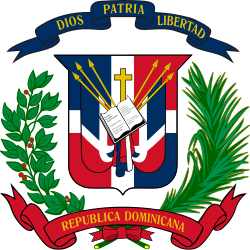Functions
With its current characteristics, the Council has assigned the functions belonging to the judiciary system, and the remaining quarter of the chosen legal professionals, academics or members of the Public Ministry.
The National Council of the Magistracy, and designating the judges of the Supreme Court, shall determine which of them will take the chair and appoint a first and second substitute to replace the President in case of absence or disability. The President and his deputies shall exercise these functions for a period of seven years, after which, and after performance evaluation conducted by the National Council of the Magistracy, may be elected for a new period.
In case of vacancy of a judge invested with one of the above stated qualities, the National Council of the Magistracy shall appoint a new judge with equal quality or attribute it to any of the judges of the Supreme Court.
Judges of the Supreme Court assessment
The judges of the Supreme Court shall be subject to performance evaluation at the end of seven years after his election, by the National Council of the Magistracy. In cases where the NCM decides the relevance of removing a judge from office, it should support their decision on the grounds contained in the law governing the matter.
This page is based on this
Wikipedia article Text is available under the
CC BY-SA 4.0 license; additional terms may apply.
Images, videos and audio are available under their respective licenses.
